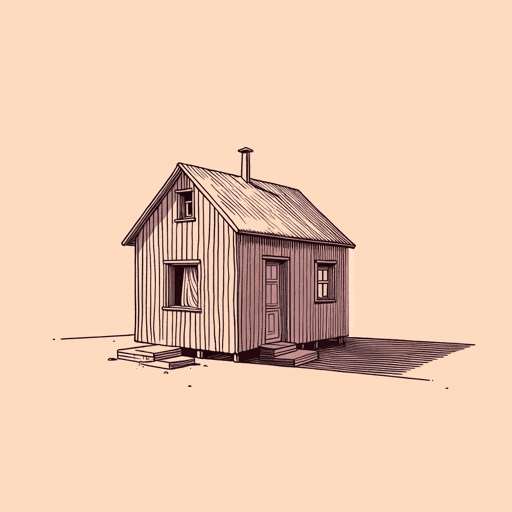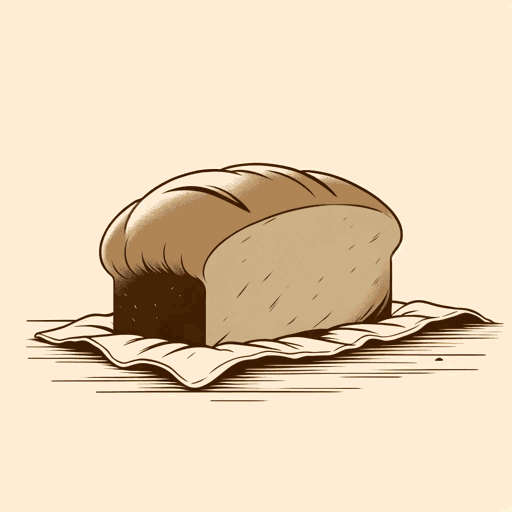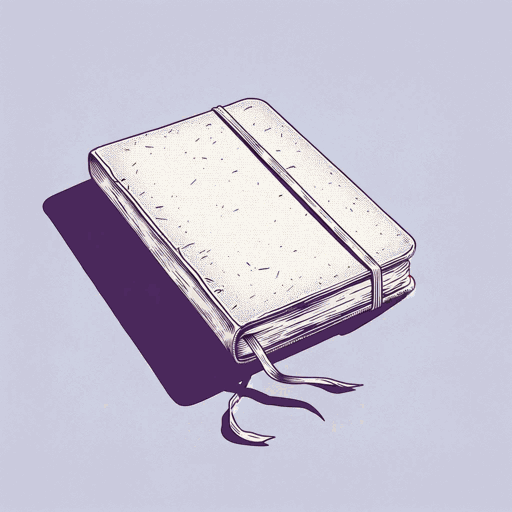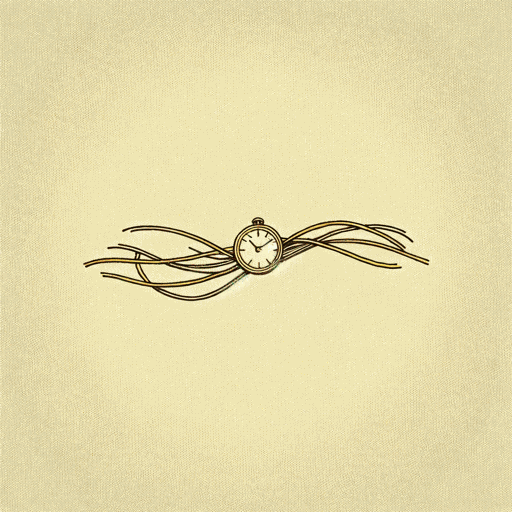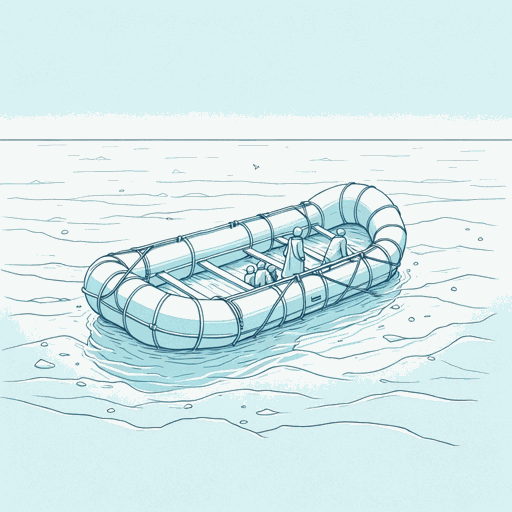134 pages • 4 hours read
Ruta SepetysThe Fountains of Silence: A Novel
Fiction | Novel | YA | Published in 2019A modern alternative to SparkNotes and CliffsNotes, SuperSummary offers high-quality Study Guides with detailed chapter summaries and analysis of major themes, characters, and more. For select classroom titles, we also provide Teaching Guides with discussion and quiz questions to prompt student engagement.
Summary and Study Guide
Overview
The Fountains of Silence: A Novel was published in 2019 by Ruta Sepetys, the daughter of a Lithuanian refugee. Though she primarily writes for young adults, her historical fiction is popular with readers of all ages. This study guide refers to the Philomel Books edition published by Penguin Random House in 2019.
The Fountains of Silence is about silence and memory—in this case, the memory of trauma. The first and longest part of the novel, set in Madrid in 1957, explores the lives of the people living under the fascist control of dictator Francisco Franco. The second part of the novel, set 18 years later, follows the immediate aftermath of Franco’s death in 1975. Both parts are interspersed with excerpts from historical documents that provide context about the time.
Plot Summary
The Torres Moreno family resisted Franco during the Civil War, and both parents were killed. The father was shot by Franco’s minions, and the mother was imprisoned and dragged through the streets in humiliation before she died. Desperately poor, the oldest sister, Julia, tries to keep the family together, including her younger sister and brother, Ana and Rafa. She and her siblings, along with her husband Antonio and her baby, Lali, all live in a one-room shack in Vallecas.
Julia wants Rafa and Ana to remember that the family depends on their income both to survive and to pay the rent for their mother’s grave. Ana, envious of the American girls she sees in magazines left at the hotel where she works, dreams of leaving Spain and experiencing freedom. Rafa, in addition to working at a slaughterhouse and as a gravedigger, also tries to help his friend Fuga capitalize on his natural gifts and become a bullfighter. Rafa and Fuga bonded during their childhood spent in a home for boys, where they were sent to be re-educated.
Joining them in Madrid is Daniel Matheson. The son of a wealthy American oil man and a mother who was born in Spain, Daniel plans to spend his time in Madrid taking photographs, so he can enter a contest that will pay for journalism school. He knows nothing of the political situation when he arrives in Madrid, but his life intersects with Ana’s when his family stays at the hotel where she works, and she and Daniel fall in love.
Ana’s cousin Puri works at the Inclusa, an orphanage run by the church. Deeply Catholic and, as someone born after the Spanish Civil War, immersed in Francoist propaganda, Puri nevertheless has her faith shaken by evidence of an act too horrifying to contemplate: Nuns at the orphanage, and doctors at the nearby maternity clinic, are taking healthy children from their parents and selling them to wealthy families for adoption. Rafa and Fuga also suspect something is afoot when they see the empty coffins of supposedly dead babies. Tragedy strikes closest to Julia, who gave birth to twins and was told that one of her babies had died; in fact, Lali’s twin was stolen and adopted out to an American couple.
Despite growing realization of the horrors of Franco’s Spain, and his understanding of the grinding poverty in which Ana and her family live, Daniel believes that he and Ana can be together and pursues her, despite the risks. His dreams are dashed, however, when Ana is fired from the hotel after being falsely accused of stealing. Daniel tries to convince Ana to let him help her, but she tells him that if he truly loves her, he will leave Madrid. Daniel reluctantly returns to the United States with his parents and newly adopted baby sister, Cristina. Also at the end of the first section, Fuga is shot, and Rafa is imprisoned and tortured.
Eighteen years later, Daniel has returned to Texas to work for his father’s company to offer some stability for his sister; after his mother’s death, he has put his career as a photojournalist on hold. After Franco dies, Daniel returns to Madrid with Cristina, where he and Ana are reunited, both having waited for the other. Ana tells Daniel that Cristina is one of the lost children: She is Lali’s twin sister.
Seeking more information about the lost children, Daniel visits Puri in a convent, where she has been forced to live after asking too many questions. Although Puri gives Daniel no information, she encourages him to pursue the story. The truth, she says, will set them free.
Related Titles
By Ruta Sepetys
